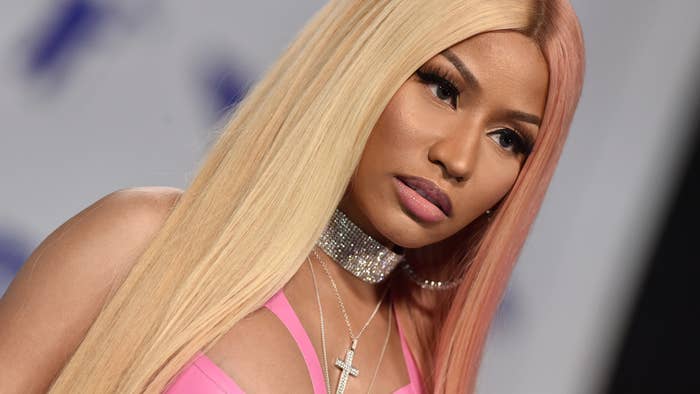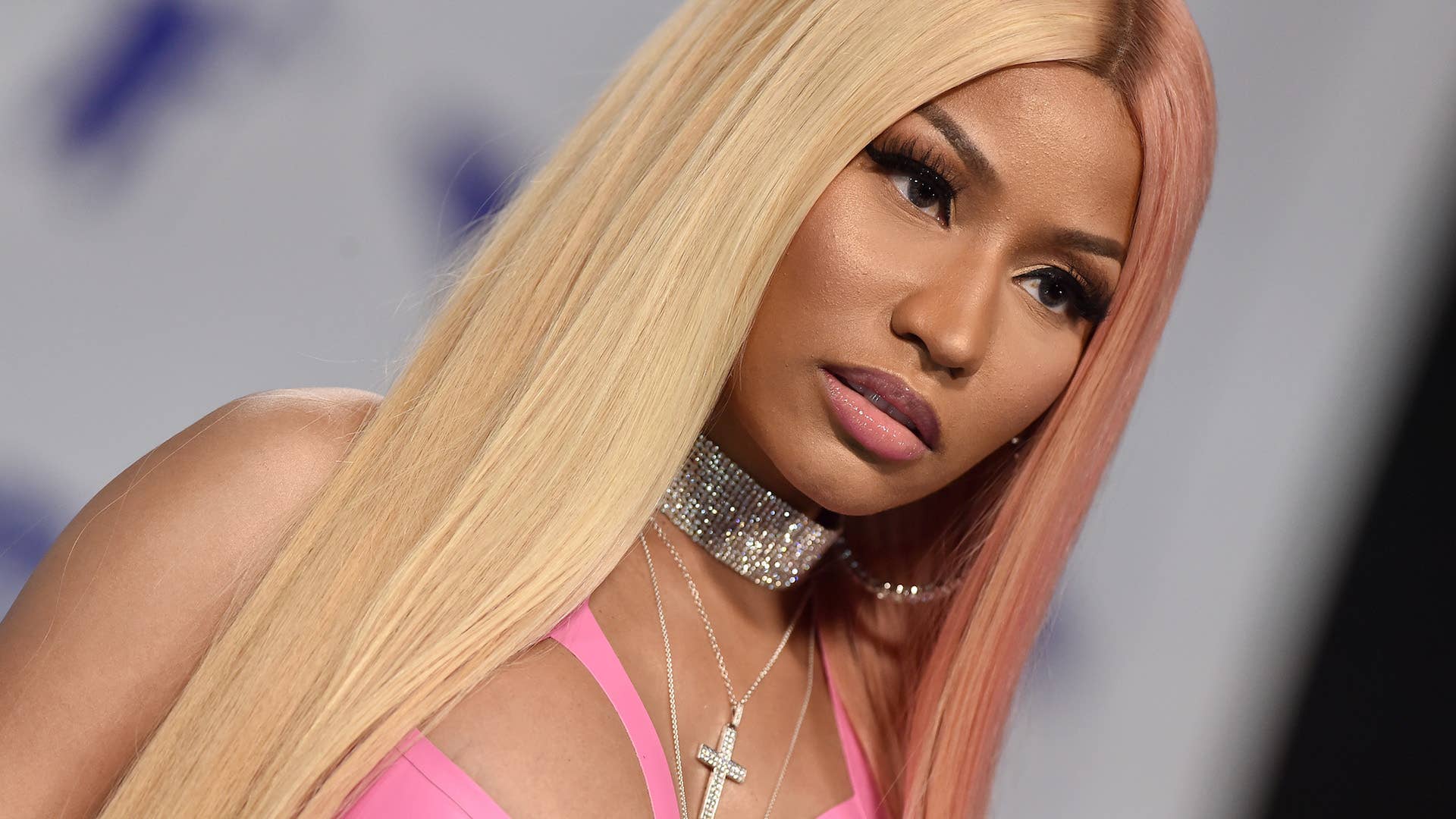
Nicki Minaj scored a major victory for herself and artists everywhere Wednesday when a judge ruled in her favor in Tracy Chapman's copyright infringement lawsuit, Variety has learned.
U.S. district judge Virginia A. Phillips determined that Minaj didn't commit copyright infringement by experimenting with Chapman’s 1988 song "Baby Can I Hold You" prior to seeking her permission to use certain elements from her track.
"Artists usually experiment with works before seeking licenses from rights holders and rights holders typically ask to see a proposed work before approving a license," Judge Phillips wrote. "A ruling uprooting these common practices would limit creativity and stifle innovation within the music industry."
Minaj created the song "Sorry,” which borrows most of the lyrics and some of the melody from "Baby Can I Hold You," with the intention of putting the track on her 2018 album Queen. Her request to sample the song was repeatedly turned down by Chapman, who claimed in her suit to have a blanket policy against granting giving permission.
A leaked version of "Sorry" ended up being played by Funkmaster Flex, and a portion of the track was later aired on The Breakfast Club. Minaj and her authorized representatives denied providing them with the audio. Her attorneys argue that artists should be given the freedom to utilize a variety of beats, melodies, etc. before determining how the final product will sound.
Her lawyers believe that a ruling in Chapman’s favor "would impose a financial and administrative burden so early in the creative process that all but the most well-funded creators would be forced to abandon their visions at the outset." Judge Phillips ruled Minaj was protected under the "fair use" doctrine.

